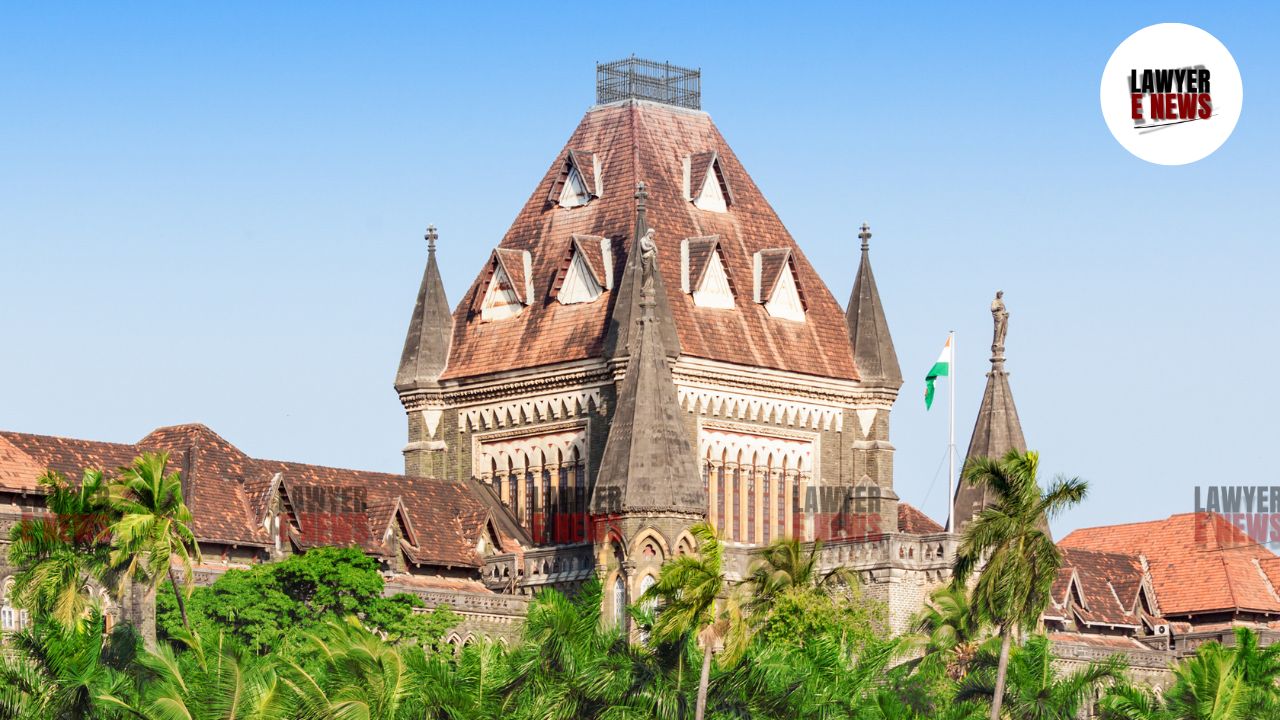-
by Admin
15 February 2026 5:35 AM



Bombay High Court, Aurangabad Bench addressed a significant issue regarding the denial of a Scheduled Tribe certificate to the petitioner, Laxman Koli, on the basis of alleged inconsistencies in caste documentation. The Court ruled that pre-constitutional entries of ‘Koli Dhor’ could not invalidate the petitioner’s claim to the ‘Tokre Koli’ Scheduled Tribe status, given that both tribes are recognized under the same entry in the Presidential notification under Article 342 of the Constitution.
The petitioner, Laxman Koli, had approached the Court under Article 226 of the Constitution, challenging an order of the Scheduled Tribe Certificate Scrutiny Committee, Nandurbar. The committee had refused to validate his Scheduled Tribe certificate for ‘Tokre Koli,’ citing pre-constitutional records of his ancestors identifying them as ‘Koli Dhor.’ The petitioner argued that historical, anthropological, and official documents consistently demonstrated that ‘Koli Dhor’ and ‘Tokre Koli’ were interchangeable terms for the same community.
The Court carefully examined historical evidence, including pre-constitutional records such as birth certificates, government notifications, and anthropological studies, which demonstrated that the petitioner’s ancestors were described as ‘Koli Dhor.’ It further noted that, in the post-constitutional era, school records consistently referred to the petitioner’s family as ‘Tokre Koli.’
"It is abundantly clear that the petitioner’s claim is not without evidence, albeit pre-constitutional records carry greater probative value for their contemporaneity and lack of motive to derive reservation benefits."
The Court criticized the Scrutiny Committee’s decision to discard pre-constitutional records without providing substantial reasons while emphasizing alleged inconsistencies in post-constitutional entries. The judgment noted:
"While the committee questioned certain post-constitutional entries for manipulation, it failed to assign reasons for discarding the genuine and uncontested pre-constitutional records establishing the petitioner’s ancestral identity as ‘Koli Dhor.’ Such observations are arbitrary and unsustainable."
The Bench further observed that the principle of "preponderance of probabilities" governs caste claim scrutiny under the Maharashtra Act XXIII of 2001, emphasizing that strict proof is not required. It stated:
"Bearing in mind this trite principle and assuming for the sake of arguments that ‘Koli Dhor’ entries of the pre-constitutional period would be contrary to the petitioner’s claim of being ‘Tokre Koli,’ the father’s school record of 1952 describing him as ‘Hindu Tokre Koli’ and the great grandfather’s death record of 1960 referring to ‘To. Ko.’ are sufficient to substantiate the petitioner’s claim."
The Court delved into the Scheduled Tribes Order, 1950, which lists both ‘Koli Dhor’ and ‘Tokre Koli’ under Serial No. 28. It highlighted that the inclusion of these communities under the same entry demonstrates their equivalence.
Citing its earlier decision in Samriddhi Yogesh Savale v. State of Maharashtra & Ors., the Court reiterated:
"If the legislature, in its wisdom, has put ‘Koli Dhor’ and ‘Tokre Koli’ in the same entry, the claim of ‘Tokre Koli’ cannot be treated as inconsistent with that of ‘Koli Dhor.’"
The Court emphasized that there was no added advantage to being identified as ‘Tokre Koli’ rather than ‘Koli Dhor,’ rejecting the Scrutiny Committee’s assumption of deliberate misrepresentation.
The respondents relied on the Supreme Court’s rulings in State of Maharashtra v. Milind (2001) and Mana Adim Jamat Mandal v. State of Maharashtra (2006), which prohibit judicial reinterpretation of Scheduled Tribe entries in Presidential Orders. However, the Court distinguished the petitioner’s case, clarifying that it did not involve a change in tribal identity but rather the interchangeable use of terms for the same community.
It noted: "In the matter of Milind, the principle laid down is to the effect that a Scheduled Tribes order can be amended only by the Parliament and that courts cannot determine whether a particular caste or tribe falls within the scope of the Presidential Order. However, the petitioner is not claiming to belong to a different tribe; the record demonstrates that his forefathers were interchangeably described as ‘Koli Dhor’ and ‘Tokre Koli,’ both of which are listed under the same entry."
The Court dismissed the respondents’ argument that the petitioner’s case conflicted with the principles set out in Milind, holding that the Scrutiny Committee’s approach was arbitrary and lacked legal justification.
The Bench, comprising Justices Mangesh S. Patil and Prafulla S. Khubalkar, quashed the Scrutiny Committee’s decision and directed the immediate issuance of a Scheduled Tribe certificate to the petitioner. It ruled:
"Resultantly, the pre-constitutional record of petitioner’s forefathers, wherein they were described as ‘Koli Dhor,’ could not have been treated as contrary to the petitioner’s claim of ‘Tokre Koli.’ The observations of the committee to that effect are not legally sustainable, being perverse and arbitrary."
The Court also emphasized the importance of appreciating historical records in their proper context, particularly in cases involving communities with low literacy rates during the pre-constitutional era. It concluded:
"Interchangeable usage of terms like ‘Koli,’ ‘Dhor Koli,’ and ‘Tokre Koli’ reflects colloquial practices rather than deliberate attempts to misrepresent identity. Such records must be interpreted pragmatically to uphold constitutional guarantees."
The Bombay High Court’s decision underscores the need for a balanced and evidence-based approach in caste scrutiny matters, particularly when historical nomenclature and administrative practices create ambiguities. It reaffirms the principle that tribal claims should be assessed with sensitivity to historical and cultural contexts to protect individuals' constitutional rights.
Date of decision: 27/11/2024
